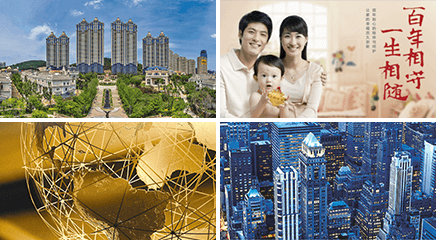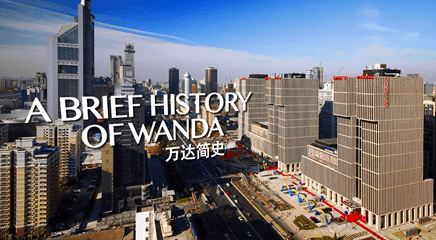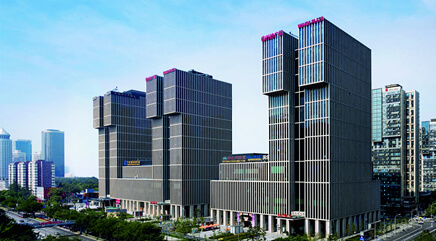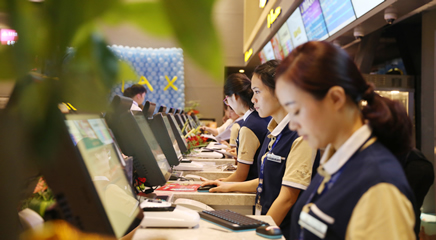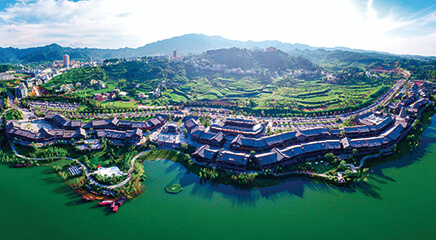Fortune: China’s Billionaire Is Transforming His Company Again
20.07.2016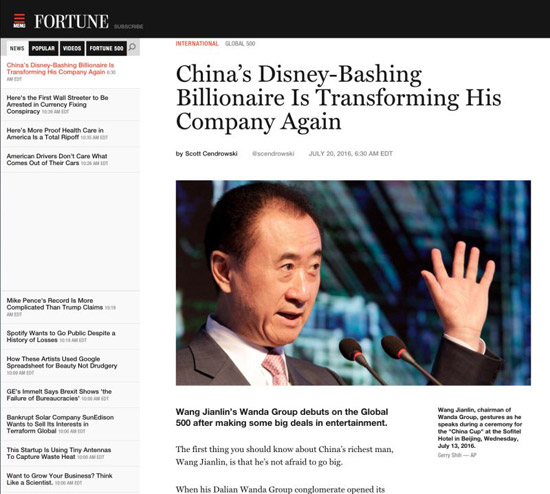 (source: Fortune)
(source: Fortune)
Wang Jianlin’s Wanda Group debuts on the Global 500 after making some big deals in entertainment.
The first thing you should know about China’s richest man, Wang Jianlin, is that he’s not afraid to go big.
When his Dalian Wanda Group conglomerate opened its first “theme park city” this May, in the small Chinese city of Nanchang, it stretched across two square kilometers, doubling as China’s largest new tourist trap and ammo for Wang’s outsized ambitions for taking on Disney.
“The frenzy of Mickey Mouse and Donald Duck and the era of blindly following them have passed,” Wang told China’s CCTV the week before the Nanchang unveiling, in words that were brash even by the outspoken billionaire’s standards. Disney’s new Shanghai park was set to open the following month, but Wang said his park—along with 15 to 20 more that he plans to build—would keep it unprofitable for the next decade. Of Disney, he added, “They shouldn’t have entered China.”
Not that Wang himself has any trouble crossing borders. Two months later, in mid-July, Wanda was reported to be in the running for a 49% stake in Paramount Pictures, the Hollywood studio controlled by Viacom that dates back more than 100 years. The studio’s total valuation might run as high as $8 billion to $10 billion. If Wang were to win the bidding, it would be Asia’s biggest deal in Hollywood since Sony bought Columbia Pictures in the 1980s. And it would top Wang’s last Hollywood deal, which happened just six months ago. In January Wanda spent $3.5 billion on the movie production house Legendary Entertainment, the producer behind Jurassic World and the Hangover trilogy.
Even aside from its Hollywood and theme park aspirations, Wanda has been growing—and growing abroad—so fast that the world outside China has begun to pay attention. In 2015 alone, Wanda bought race organizer World Triathlon Corp.; Infront Sports & Media, which is selling Asian broadcasting rights to the next two soccer World Cups; and a stake in Spanish soccer club Atletico Madrid, for a total of $5 billion in overseas spending during the year. Back home, its sprawling web of malls and real estate generated enough cash for Wanda to make the Fortune Global 500 list for the first time this year. Wanda ranks No. 385 on the global list, with $27.4 billion in sales and $2.4 billion in profits in 2015, up 18.8% from $23 billion in 2014. If Wanda were an American company, it would rank just above Macy’s in sales and not far behind entertainment giant Time Warner.
Wanda’s route to the list, however, has been anything but ordinary.
By Wanda’s own count, it is on its fourth company-wide transformation in less than three decades, having started as a small, state-owned real estate developer in the northeast coastal city of Dalian. Its ongoing rise reflects the growing clout of Wang, who has proven himself to be both an inventive businessman and a favored government friend in an economy where such ties are important. Now, he and Wanda are helping China spread its soft power abroad, through everything from stakes in foreign companies to constructions projects along the Thames in London and in downtown Chicago.
Wang, 61, was born to a father who served in Chairman Mao’s revolutionary army. Wang himself joined the People’s Liberation Army at the age of 15. But at 32, after tiring of his own officer track, he left for a government job. Wang eventually joined the Xigang Development Company, a residential developer in Dalian, a port city and trading hub near China’s border with North Korea.
Wang revived the failing state-owned builder after getting an army buddy’s help securing a loan. He changed the firm’s name from the lifeless Xigang to Wanda (which means “everything being accomplished”) after soliciting names through a newspaper contest. As China tested its first market reforms in the late 1980s and early 1990s, Wanda became one of the country’s first companies to issue shares; it privatized over the following years, with Wang becoming its largest shareholder.
Wanda expanded beyond Dalian and went national in the early 1990s, completing what became its first transformation. It then branched into commercial properties beginning in 2000, when the company’s shopping malls—called Wanda Plazas—began dotting the country. That was its second transformation; a third came as the company branched into tourist projects in the late 2000s. Wang, meanwhile, became a public figure whose slender-cut Western suits and widow’s peak gave the appearance of a leader straight from an executive MBA program, belying his relatively humble origins.
Wanda’s fourth transformation started last year, as the company began spreading its money around the world. Wang plans to flip Wanda’s focus from real estate to a few key domestic services sectors. By 2018, Wanda expects two-thirds of its sales to come from consumer services, up from about 40% last year, with an emphasis on tourism, entertainment and sports.
Those three sectors happen to be three main drivers of China’s transition into a consumer-led economy, and the government has declared that expanding them is a priority. The ruling State Council released a goal last October to nearly double the value of sports as a percentage of China’s GDP (currently 0.63%), which would make it a $775 billion sector by 2025.
“If you can leverage favorable policies, it’s good,” says Wang Xin, president of Greater China for consultancy Frost and Sullivan, of Wanda’s strategy. “In the long haul it’s not about leveraging policies alone, it’s about understanding future trends.”
Wang doesn’t hide the fact that Wanda chases government-sponsored trends. “Wanda’s transformation is consistent with China’s economic strategy,” he said in a 2015 speech in China. The State Council released guidelines several years ago encouraging private companies to expand globally: “It can be said that Wanda answered that call,” Wang told Harvard Business School students last October.
Wanda Group did not make Wang available for an interview. But Liu Mingsheng, a spokesman, said of the company’s strategy, “The entire Chinese economy is going through transitions. The main objective is to achieve a state of economic growth that is based on domestic consumption. Wanda’s transition is consistent with China’s economic strategy.”
Wanda’s latest transition into consumer services brings it even closer to the government. As part of its move, Wanda wants to reduce the need to invest huge piles of its own money in real estate development. Although it plans to expand the number Wanda Plazas—it will open 55 this year, it says, for a total of around 180—more than 20 of those will be funded by outside investors who hold the land, usually governments or government-affiliated companies. Wanda will share the rental income, but will save its capital for projects like the Nanchang theme park, overseas acquisitions, and a movie studio Wanda is building in coastal Qingdao to rival those in Hollywood.
Earlier this year, Wang laid out Wanda’s goals for the next five years. By the end of 2020, he says, the company will reach $100 billion in sales and $10 billion in profits, and overseas sales will bring in 30% of the total. The company treats the figures almost as military orders. Managers head to daily management meetings and see numbers changing from green to yellow to red
